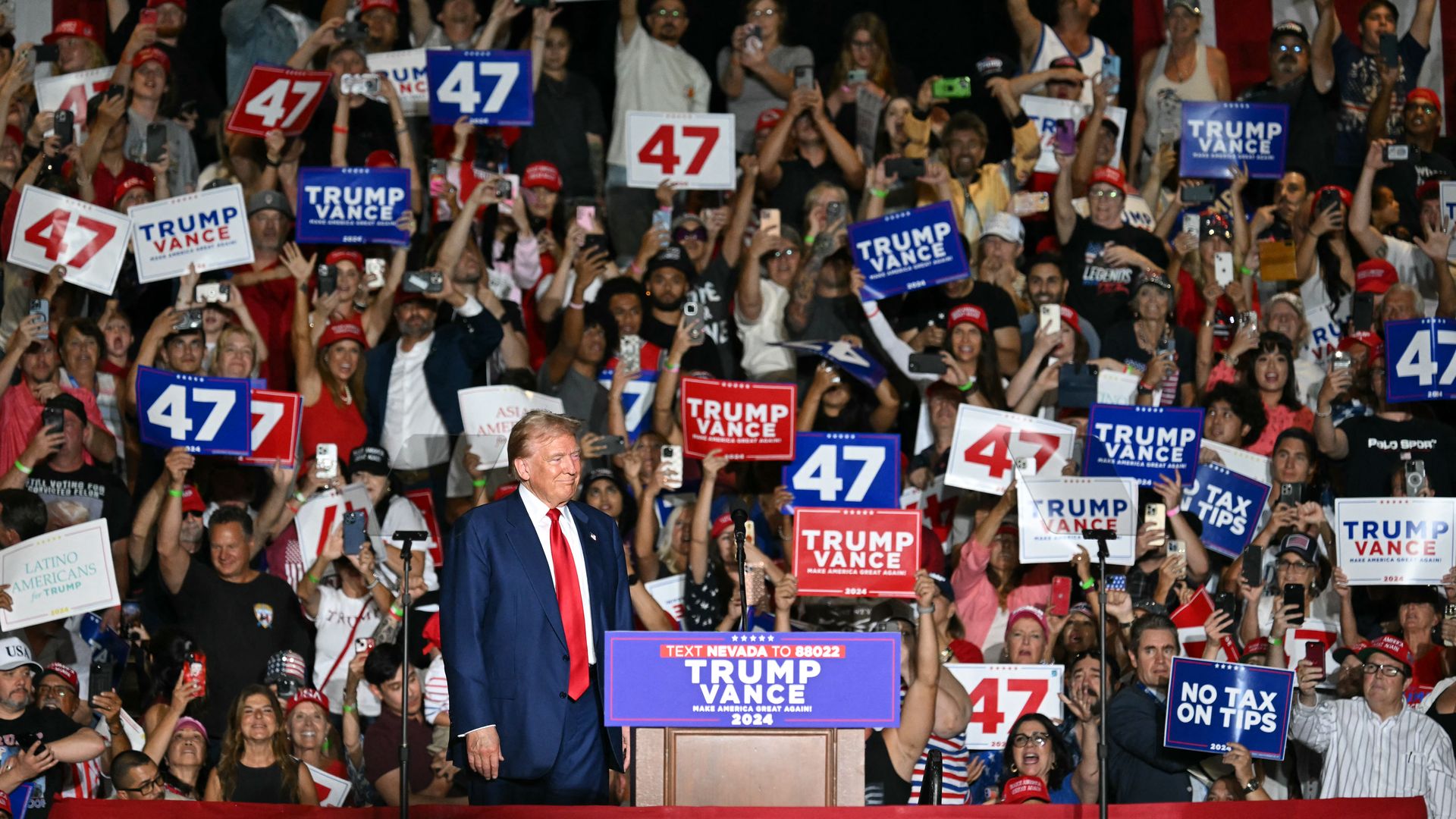The war between Russia and Ukraine, which has been ongoing since February 2022, has continued to escalate over political tensions and territorial disputes. As of late September 2024, Ukrainian forces are still actively defending against the multitude of Russian offensives, especially near Bakhmut and Lyman. Russia has started to intensify their artillery and air strikes affecting populated civilian regions. With the war killing or wounding more than a 1 million people on both sides, it has become a more urgent matter before more innocent civilians are killed.
 |
| Harris shaking hands with Zelensky after giving speech pledging support for Ukraine |
As the war continues, internal military aid remains a crucial part of Ukraine’s defense. President Volodymyr Zelensky recently met with Vice President Kamala Harris at Washington D.C during his U.S. visit in late September 2024. As Zelensky fears that time is running out for Ukraine’s war effort, Harris reaffirms the U.S.'s unwavering support for Ukraine in its defense against Russia; this emphasizes the strategic importance of continued aid. The Biden administration has allocated the remaining funding already approved by Congress into the war effort. With the assistance of Ukraine being a controversial topic at this time, her strong stance has raised some criticism with the people. However, she continues to stand her ground on how she is “proud to work for President Biden and 50 other countries,” which is specifically opposed by Trump. During his campaign in North Carolina, he states that he believes Zelensky does not actually attempt to end the war and rather comes to the US to make money. However, Trump also insists that he will meet with Zelensky sometime during his trip to the U.S. The Democrats have portrayed Trump as “too embracing of authoritarians,” in which Republicans oppose the increased funding and supplies given to Ukraine.
This dichotomy reflects a broader debate in American society about the role of the U.S. in international conflicts and the extent of its responsibility to assist allies. With various political figures leveraging the Ukraine situation to bolster their campaigns, public opinion is becoming increasingly polarized. Some view military aid as a moral imperative, while others question its practicality in light of America's own economic challenges. This political landscape creates a backdrop of uncertainty as the election approaches, raising the stakes for both candidates and voters.
The ongoing war in Ukraine has now become a pivotal issue leading up to the 2024 presidential election. With Zelensky emphasizing the urgency of military aid, it continues the moral dilemma of what the US should spend their funds on. With rising concerns of national debt and fiscal responsibility, many argue that continued funding would be unsustainable. With remarks that Ukraine aid “puts America last” many argue that the US has more urgent issues to address within its own borders. The debt of the United States has been rising rapidly within the recent years and the decision to spend more and more on a potential stalemate has become a critical topic of discussion. As the conflict continues and the election approaches, the interplay between foreign policy and domestic concerns will undoubtedly shape the future of the US governance and its role in foreign affairs.
Source:
https://www.bbc.com/news/world-us-canada-67649497
https://www.washingtonpost.com/politics/2024/09/26/biden-harris-zelensky-weapons-russia/
https://www.pbs.org/newshour/world/watch-harris-meets-with-ukraines-zelenskyy-as-russia-makes-nuclear-warning
https://thehill.com/homenews/senate/4901204-zelensky-asks-biden-for-weapons-strike-russia/











